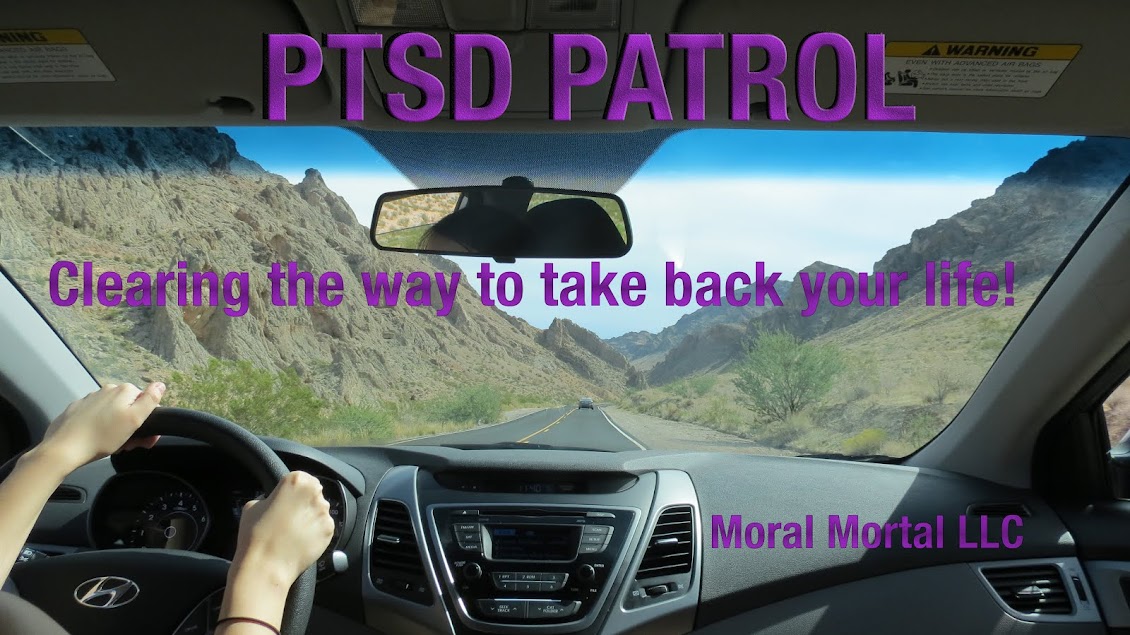Combat PTSD Wounded Times
Kathie Costos
January 16, 2018
How can you help a veteran with PTSD? The same way they were wounded in the first place. Whenever you see pictures of a wounded service member, you do not see massive crowds surrounding them. You see a few of the members of their own unit coming to help help.
And that is how it needs to be done when the wound is cut deeply into their soul.
That is what Point Man International Ministries figured out over 3 decades ago. Treat them like a member of your family unit, know them like a brother or sister and then help them by standing by their side. Then they'll know they really matter.
A sailor of the USS North Dakota took a rifle and shot himself in the chest, but survived after crew members spent seven hours doing everything possible to save the unidentified sailor's life. The sailor may have been wondering if his/her life was worth living and they just proved beyond a doubt, it was.
The thing that keeps getting missed when discussing military suicides is, they valued the lives of others, they were willing to die to save someone else. The question is, why, after all these years, do they not see their own life is worth saving to others as well?
They show great courage above and beyond what most civilians are prepared to do. Yet when they are suffering because of what they had to face, they are not courageous enough to ask for help from the very people they trust with their lives.
We keep hearing about how the military and veterans communities have been working on getting the stigma attached to PTSD out of their heads, but that hasn't worked. Why haven't they tried plain, simple logic to explain what PTSD is and why they have it?
Why aren't service members and veterans leading groups after they overcame their own struggles with silence?
It isn't good enough to say you understand what they are going through if you do not have a story to tell of your own. You need to be able to share your own struggles with the veteran you are trying to help. In a large group, it seems that everyone is competing to tell their tales as if it is a contest to win as the most miserable.
In small groups, it is more about sharing and caring on a personal level. You can share what caused your heartache and then share with them how you ended up feeling better about your life.
You can be an example of not giving up on yourself as much as you prove you will not give up on them as long as they do everything possible to heal themselves.
You can make sure you stay in contact with them, encourage them to take the steps they need to get where they need to be.
The only reason someone gives up is when they believe there is no hope of better days. Be the hope they need to see that suffering is not all there is to the rest of their lives!
If you are a veteran and want to offer this hope contact Point Man and start leading the way out of the lonely darkness and into a family of healing.
If you are a family member, then you can do the same for other families who have not been treated as if they are on the front lines of all of this.
Hotline: 1-800-877-VETS (8387)Point Man Intl. MinistriesPo Box 267Spring Brook, NY 14140E -mail: dana@pmim.orgHQ Phone:1-716-675-5552Point Man Intl. Ministries is a 501(c) 3 non-profit organization













